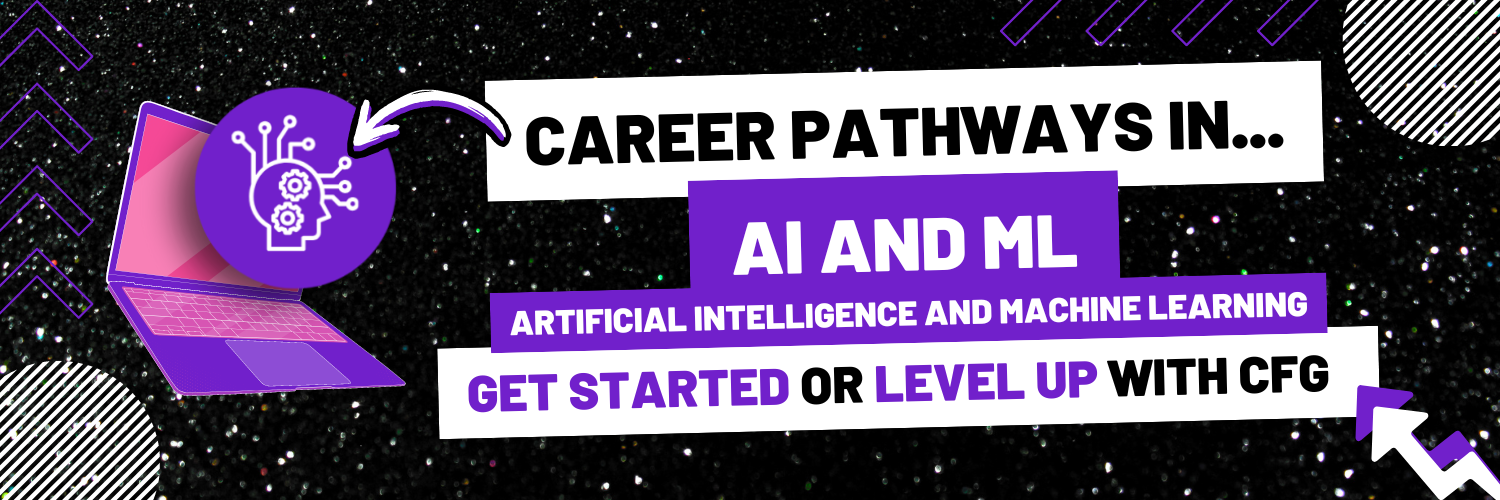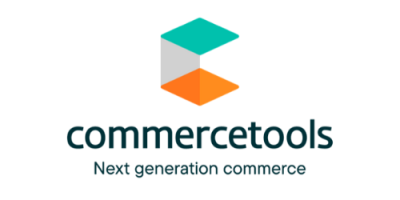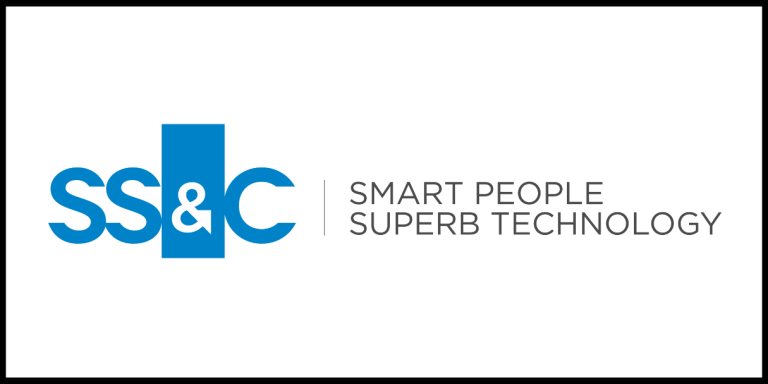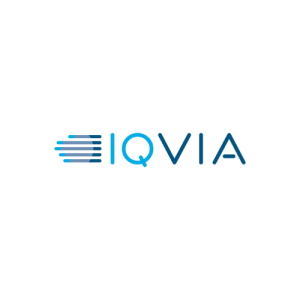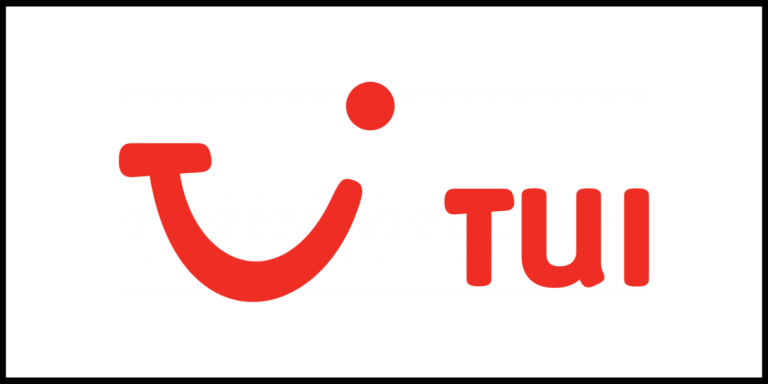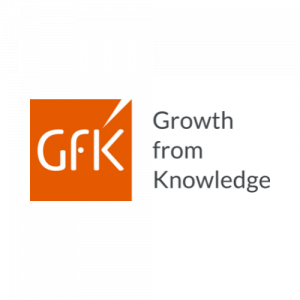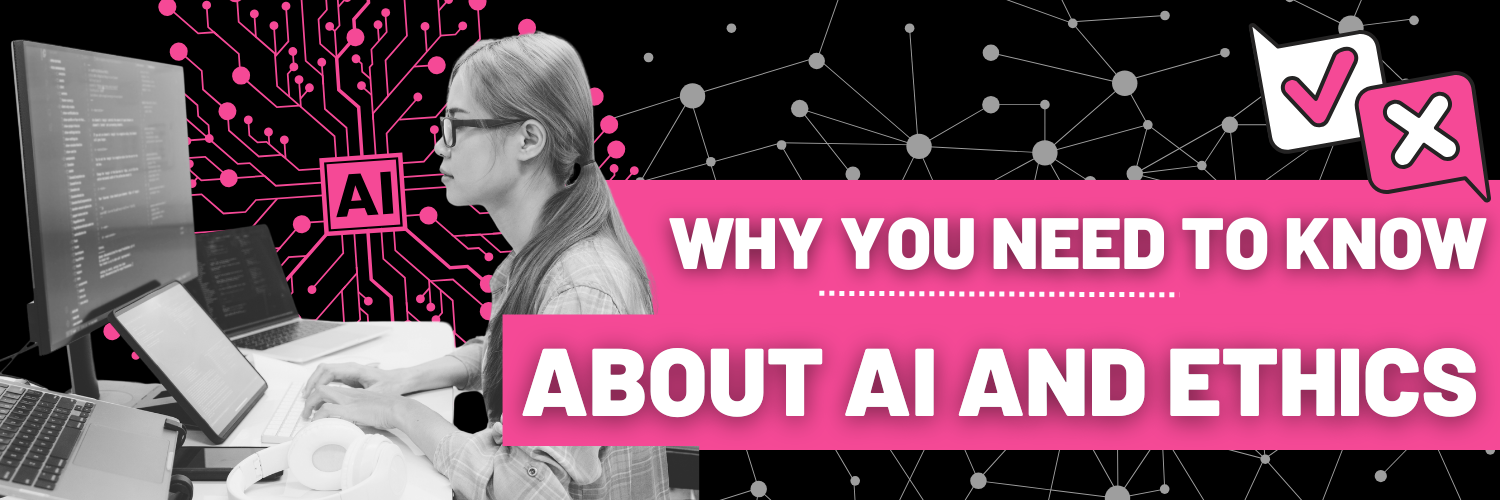
Understanding Ethics and AI (Artificial Intelligence and Machine Learning)
What are AI and Ethics, and How Do They Intersect in Technology?
AI refers to the development of systems that can perform tasks that would usually require human intelligence, such as problem-solving, pattern recognition, and decision-making.
Ethics is the philosophical study of moral concepts, distinguishing between what is right and wrong, good and bad.
AI’s influence on society is vast, shaping everything from the job market to privacy rights, art, and even everyday decision-making. While it offers many benefits, there are also risks and challenges, especially regarding its ethical use. Understanding this balance is essential to ensure that AI serves society positively and fairly.
The Growth of AI
AI might seem like a new frontier, but its roots go back over five decades. Originally developed to help machines process and analyse data like humans—only faster and on a scale beyond human capacity—AI now touches every aspect of our lives. Whether it’s digital assistants like Siri and Alexa, chatbots, or even robots in restaurants, AI is becoming so integrated into our daily routines that we barely notice it’s AI!
The Impact of AI and Ethics in Society
As AI continues to reshape industries and everyday life, being informed about its ethical implications is no longer just a curiosity—it’s a necessity. AI promises innovations that will transform how we live and work, creating an ecosystem we’ll all engage with sooner or later. However, to fully harness AI’s potential, we must first address its ethical concerns, such as bias in algorithms and privacy risks. These are essential considerations to ensure AI benefits society fairly and responsibly.
Why Understanding AI and Ethics is Important
You don’t need a background in philosophy to grasp the ethical side of AI, but it’s important to understand some basic principles. Knowing these helps you navigate and develop AI systems responsibly, ensuring they are used ethically. Whether you’re encountering AI in the form of digital assistants, chatbots, or automated systems in your daily life, having a foundation in AI ethics will guide you in understanding the potential risks and benefits, helping you stay ahead in this rapidly evolving field.
Biases and fairness
Did you know AI systems can inherit biases from the data on which they are trained? The implications of this lead to discriminatory outcomes in areas like hiring, law enforcement, or lending. Ensuring fairness and mitigating bias is a critical ethical challenge! According to Forbes “gender gaps can widen when algorithms are misinformed” because machine learning is human-led, therefore, if there are fewer women compared to men there will likely be holes in the AI’s data systems and that’s how biases start to occur. Luckily we are still considerably at the early stage of AI, so there is still an opportunity to get more women involved in AI development!
Privacy
AI systems often rely on vast amounts of personal data, which can come in the form of personal documents, media (like photos and videos), biological data and even financial. The misuse or mishandling of this data can lead to major privacy violations, making it essential to have clear guidelines on data collection and usage. This means understanding the range of global policies surrounding data protection and AI, which includes the European GDPR and The US Privacy Act.
Accountability
In many AI-driven decisions, it can be difficult to trace who is responsible when something goes wrong. Establishing accountability is vital to ensure ethical usage, especially in high-stakes areas like healthcare or criminal. This might go back to the argument about whether it’s the machine’s fault or not when something goes wrong. According to the Carnegie Council, AI Accountability exists because artificial intelligence should be developed, deployed, and utilised such that responsibility for bad outcomes can be assigned to liable parties. This is so that it can also be traced back to the person or organisation involved as a higher-level way to protect against the usage and abuse of AI technologies.
Transparency
AI systems, especially those using deep learning, can be highly opaque, making it hard to understand how they arrive at their decisions. This includes complex applications like self-driving cars navigating busy roads or facial recognition systems used to catch criminals or locate missing persons. Many people don’t fully understand how these technologies work or whether they can be trusted. Promoting transparency means ensuring that AI decisions are explainable and reliable, achieved by fostering open discussion and making top-level information accessible and understandable to everyday people.
Autonomy
AI systems are increasingly used across sectors from finance to healthcare, making it essential to balance machine autonomy with human oversight. This balance ensures that humans retain ultimate control over significant decisions, with AI functioning as a co-pilot or an unbiased second opinion—providing valuable insights and key facts to support human decision-making, rather than serving as the sole answer to complex issues.
Without ethical guidelines, widespread AI and ML use can lead to unintended harm, inequality, and a loss of public trust in these technologies. As AI continues to integrate into our lives, open discussions about its ethical implications are more important than ever.
WHAT ARE SOME EXAMPLES OF AI ETHICS-FOCUSED JOBS?
If ethics is something you are particularly interested in or passionate about pursuing, then here are a few job roles and what type of impact you could contribute to this development.
AI Ethics Researcher: This role involves the ethical impacts of AI technologies, by exploring issues like bias and fairness, helping companies create better and more responsible AI systems.
Ethics & Compliance Officer: This role ensures AI projects follow ethical guidelines and laws. They work with teams to make sure AI development is responsible and aligns with company values.
AI Policy Specialist: This role involves developing policies for the ethical use of AI. They work with governments or organisations to create rules that protect users and promote fair AI practices.
Algorithm Fairness Engineer: This role focuses on making AI systems fairer. They identify biases in algorithms and develop ways to ensure that AI treats all users equally.
Data Privacy Officer: This role is in charge of protecting user privacy when handling data for AI. They set up rules and practices to ensure sensitive information is managed ethically and safely.
Responsible AI Program Manager: This role involves managing initiatives to promote ethical AI within organisations. They work with different teams to implement practices that ensure AI is used responsibly.
Human-Centered AI Designer: This role involves designing AI systems with users in mind. They create interfaces that are easy to understand and prioritise user needs, making AI more accessible.
Ethical AI Educator or Trainer: Both of these roles involve teaching or training others about AI ethics. They develop training programs to help employees and the public understand the importance of responsible AI.
AI Accountability Auditor: This role is responsible for reviewing AI systems to ensure they are ethical and fair. They check if AI meets the required standards and suggest improvements.
Interested to learn more about ai and machine learning?
We offer a variety of AI and ML based courses for varying levels of experience and expertise. From our beginner Tech Tasters to our advanced +Masters course in Artificial Intelligence and Machine Learning. Sounds like something you want to learn more about? click the link below to read about this career pathway!

